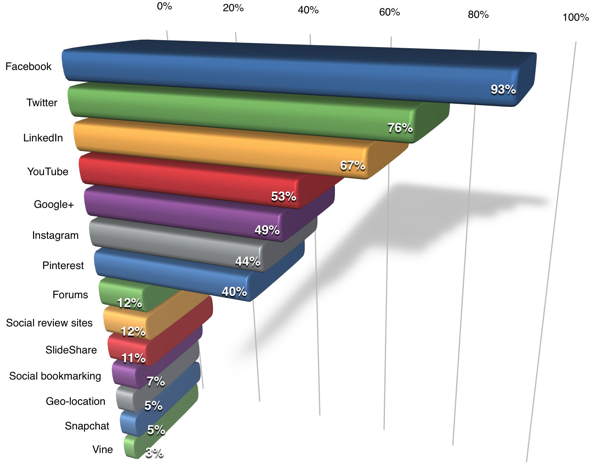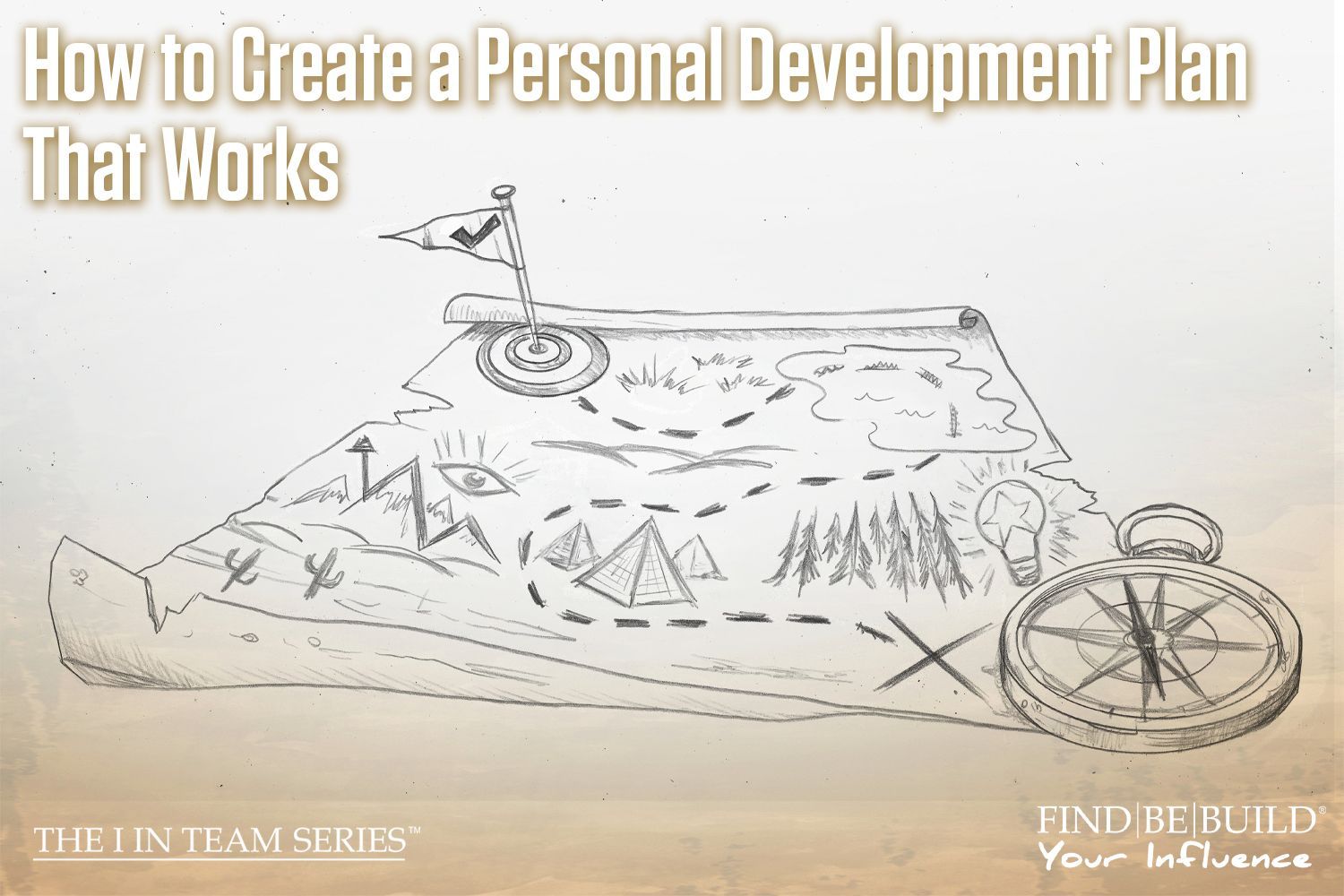Small Business Social Media Marketing Guide

Business consulting social media strategies
Written by: Braden Zoet
The impact of social media transcends our everyday existence, intermingling with politics, breaking news, and how we conduct business. It’s used by both companies and consumers, and has proven to be an excellent channel to interact with your target audience. This is especially the case for small businesses ; knowing how to leverage social media to establish your brand, engage your buyers, and increase demand is an invaluable tool. To digital natives, interacting on social platforms is rudimentary, but new businesses join these services every day, and navigating the complex intricacies of building a social following can be a daunting task for the uninitiated.
That’s where we come in. Love it or hate it, social media is here to stay, and it’s changed the digital marketing landscape. That being said, our social media usage and habits are constantly changing, especially among millennial’s, and so establishing a network that delivers real value to your company demands both hard and savvy work. This blog post serves as an introduction to social media and the most effective social platforms for business marketing. It is the first of a multi-part series on Our Guide to Social Media , so stay tuned for more blog posts that explain how you should be utilizing your online presence!
90% of marketers say social media is important to their business
Those of you who are new to social media are probably wondering what it is and why we use it. Well, social media originated as a way for people to communicate and interact online, but social networks have since developed their own unique ecosystems. For businesses, the shift from a passive to an interactive web led to a rise in web consumerism, and with it came the growth of the social network. Facebook inspired a Hollywood blockbuster and entered the dictionary as a verb before businesses embraced its potential, but since then consumers have largely come to expect companies to have a social presence. And I’m not talking about a monthly update sent to your neglected Facebook page or a sporadic tweet announcing your annual sale, I’m talking about constant and meaningful communication.
I know what you’re thinking: “This sounds like a lot of work.” And I’ll be honest with you, it is. I manage the social accounts for IA and several of our clients , and it can become tedious creating content to post and tracking the accompanying analytics. The irony of it all is that I don’t actually like social media (which isn’t something you’ll hear from most millennials), but it’s true, my personal pages are fairly void of activity. My point in saying this is that you don’t have to embrace social media to recognize its massive potential for your business. Whether or not your company is active on social media, your potential customers are there looking for information, recommendations, and entertainment. If you’re not online to interact with them, one of your competitors will be.
Weekly Time Commitment for Social Media Marketing*
Perhaps your greatest hesitancy about jumping on the social media bandwagon is the concern over the eventual time commitment you’ll need to make, to which I’ll say this: a limited social presence is better than none at all. The time commitment is largely based on the amount of content you’re sharing and the level of engagement you have with your community. A common mistake many businesses new to social engagement make is limiting their content to promotional updates. While it is good to promote your product or service, your followers will grow tired of hearing your pitch. Instead, consider broadening your scope to include sharing related content such as articles and comics to make your posts more engaging and lower the burden of creation.
As a rule of thumb, you should be posting no less than once a week, but no more than once a day (unless you have reason to). Status updates don’t remain visible to your audience very long, users quickly move on to new posts in their news feed. You need to update your account regularly to foster engagement and entice users to follow along. That being said, don’t talk for the sake of talking; posting updates with the intention of meeting a quota won’t help you establish a following.
The most important takeaway from this blog post should be this: be human in your interactions on social media. It may sound obvious, but human engagement is the objective of social networking, and you should keep that in mind as you develop your online presence and a voice that is representative of your company’s personality. Your social posts shouldn’t be overly rehearsed, don’t try to be something you’re not – it will be obvious. Instead, try to capture your company culture in a way that users can relate to and build a relationship with. Be sure to maintain a consistent voice throughout all of your posts (first / third person, I / we, etc.), as it helps to create your brand’s identity.
Benefits of Social Media Marketing*
89% of marketers indicated that their social media efforts have generated more exposure for their business
Much of the customer experience now lives on the web, and most of your customers’ web-based interactions with your company are transactional, which doesn’t allow for much buy-in. However, social media affords an opportunity to grow lasting and scalable relationships with your organization’s customer base. This provides an excellent feedback loop concerning your customers’ opinions of your product or service, and their experience of interacting with your company. Additionally, those online interactions create the basis for one of your best marketing assets: customer advocacy.
Now that I’ve (hopefully) convinced you to adopt social media as a marketing tool, if you haven’t already done so, it’s time to discuss the most effective social networks for business marketing. I’m sure at this point you’re tired of reading, and if we’re being honest I’ve grown weary of writing, so let’s pick this up on the next blog post. What exactly will we be discussing? We’ll go into depth about which social networks are the most relevant to your industry and how you should be using them. We’ll talk about the following sites:
Commonly Used Social Media Platforms*
Facebook continues to be the top platform used by marketers
Maintaining an online social presence will help your company expand its organic reach in an authentic manner, drive qualified traffic to your website , increase your brand’s recognition, and gain valuable data on your customers for insights-based decisions. Whether you’re a beginner to social media or need advice on best practices, I encourage you to keep an eye out for our next blog post!
Do you have any questions about social media that you’d like me to discuss in an upcoming blog post? Write a comment below and I’ll be sure to address your question in our next post!
© Individual Advantages, LLC 2017
The post Small Business Social Media Marketing Guide appeared first on IA Business Advisors.
















